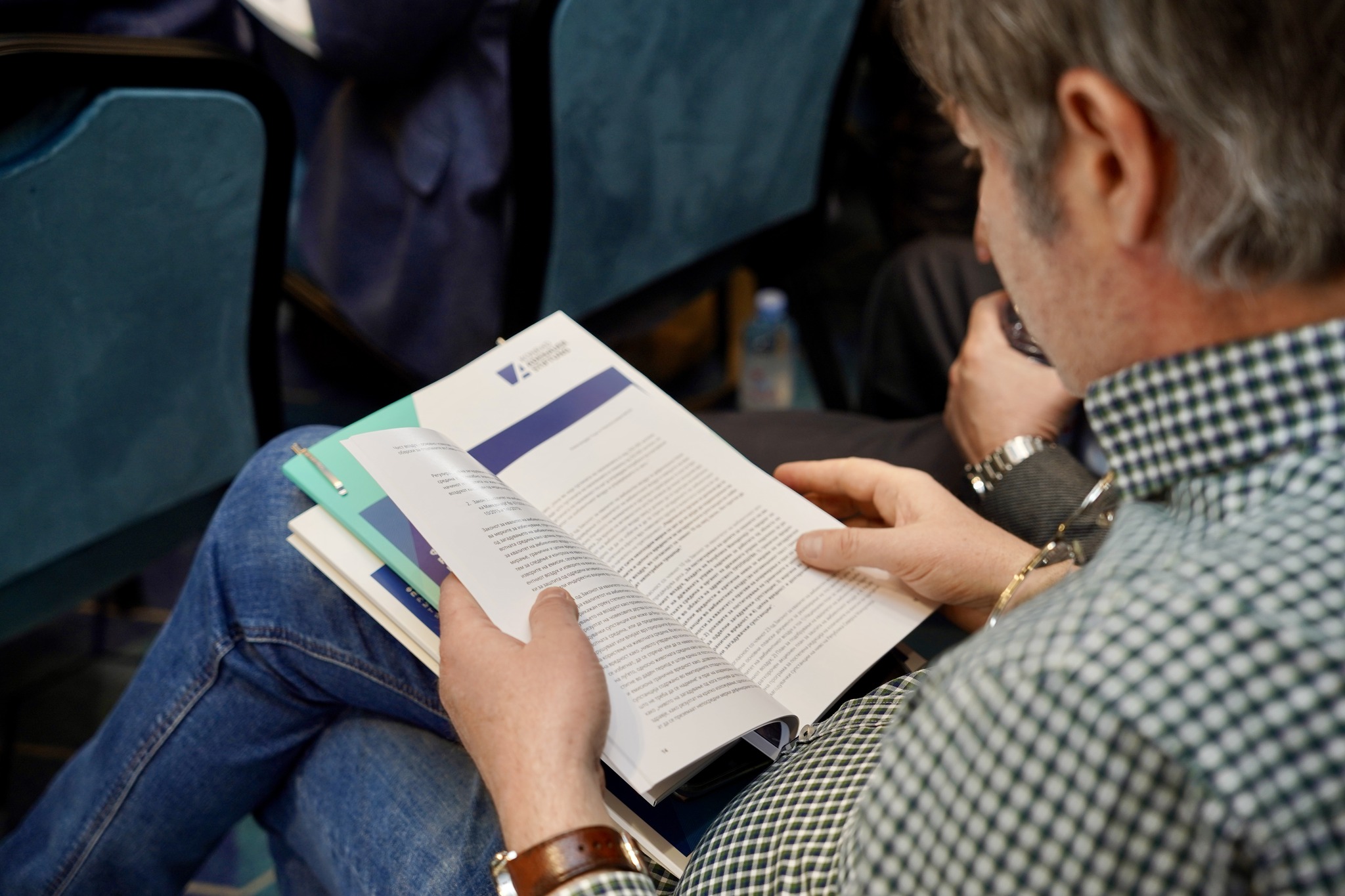
The analysis reviews the legal framework that is clearly harmonized with international standards, starting from the provisions that are part of the constitutional fundamental values and the right to a healthy environment, through the Law on Ambient Air Quality and its by-laws and the competences provided by the Law on the Environment, the Law on Local government and the Law on the City of Skopje. In the same direction, the analysis makes a review and presentation of the scope of competences that the municipalities and the City of Skopje have in the area of ambient air quality. At the same time, the analysis makes an overview of the institutional capacities through which it is visible that the constitutional and legal obligations of the state have not been fulfilled at all due to the fact that it does not provide the necessary institutional capacities and conditions for the municipalities and the City of Skopje in the performance of their competences in the quality segment of ambient air. The analysis reviews the existence of planning documents for air quality and the human capacities of each municipality and the City of Skopje, i.e. whether the municipality has an appointed person who monitors the situation and is responsible for implementing the planning documents for air quality. The review indicates a partial fulfillment of the authority to adopt planning documents, while in the area of human resources, almost no municipality has provided a person or persons to monitor the situation and who is responsible for implementing the planning documents for air quality.
In addition to the analysis of the legislation, planning documents and capacities of the municipalities and the City of Skopje, the authors of this analysis conducted interviews with representatives of institutions, experts, lawyers, and representatives from the civil sector, MANU and the University “St. Cyril and Methodius”, in order to obtain a complete picture of the situation with the quality of the ambient air and the competences of the state and local self-government, by which the initial observations presented in the analysis were confirmed.
In the end, the analysis foresees a Roadmap of activity for improving air quality in the municipalities/City, where three key steps are presented.
The first one refers to the fulfillment of the obligation of the RSM Government to adopt a National Clean Air Plan. The second step refers to the fulfillment of the state’s obligation to provide institutional capacities in the municipalities and the City of Skopje in order to ensure the minimum capacities to fulfill their competences, while the third step is in support of the second step and refers to the provision of financial resources in the budgets of the municipalities and the City of Skopje for the implementation of the competences in the air quality segment.
This analysis aims to provide an overview of the air quality situation at a local level, but also to indicate the necessary steps that may be the initiation in the process to ensure efficient, effective and economical implementation of the responsibilities of the municipalities and the City of Skopje in the segment of ensuring air quality, which will enable the citizens to live in an environment in which they will have clean air, and thus a higher quality of life.

